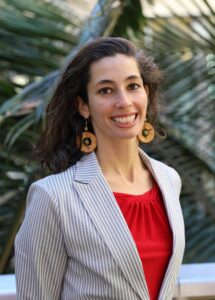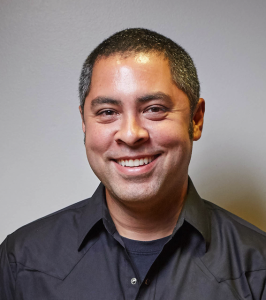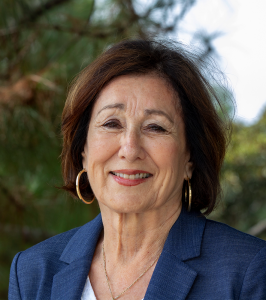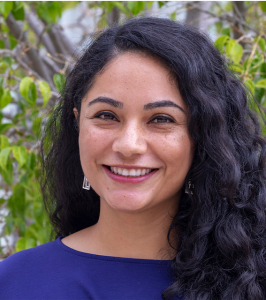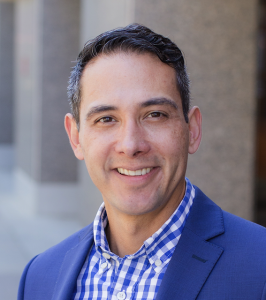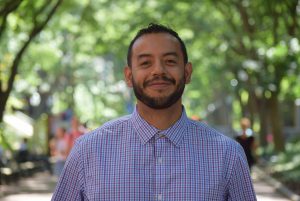
Latino Applied Policy Awards
Since 2022, the Latino Applied Policy Awards have empowered distinguished researchers to transform their scholarly work into public-facing work, driving evidence-based policies that create meaningful and sustainable improvements in the lives of Latinos. The UCLA Latino Applied Policy Research Awards play a vital role in driving social change, ensuring that the profound insights generated within academia lead to tangible, positive outcomes for Latino communities.
This initiative is generously supported through ongoing annual state funding from the California State Legislature to conduct research and develop policy solutions that address inequities impacting Latinos and other communities of color.






A study examining how service providers for Latino/x immigrant families navigate changing immigration policies across various states and sociopolitical contexts. The findings aim to quip providers with policy and practice responses to improve service delivery and prepare for future changes, ultimately informing local and federal policies to better support Latino/x immigrant-serving organizations and communities.

Latino/Hispanic communities in Los Angeles County are underrepresented in Alzheimer’s Disease clinical research, making up only 1-2% of participants despite a higher risk and a projected 832% increase in cases by 2060. With approximately 190,000 dementia cases among those over 65 in the county, this disparity raises the question: why is there still a lack of representation in research?
-
 Mirella Díaz-SantosAdjunct Assistant Professor, UCLA Psychiatry and Biobehavioral Sciences
Mirella Díaz-SantosAdjunct Assistant Professor, UCLA Psychiatry and Biobehavioral Sciences -
 Gerardo MorenoExecutive Director, UCLA PRIME-LA and Associate Professor of Family Medicine, UCLA
Gerardo MorenoExecutive Director, UCLA PRIME-LA and Associate Professor of Family Medicine, UCLA -
Stephanie Ovalle Eliseo, B.S., ELHA Clinical Research Coordinator
-
Gabriela Islas Huertas, B.S. ELHA Clinical Research Coordinator.
-
Efrain Talamantes, MD, MSc, MBA. Senior Mentor

The Salton Sea Environmental Time Series (SSET) team, including scholars, community members, and Alianza Coachella Valley, monitors water quality in the Salton Sea. Since government sampling stopped in 2020, they conduct bimonthly sampling in the north. Using NASA’s Terra satellite data, they found dangerous hydrogen sulfide levels in northern communities during summer winds. To expand monitoring, especially in the unmonitored south, the team plans to deploy a mooring and use handheld sensors this summer.

This project aims to increase postsecondary education access and success for Latinos. It addresses the significant gap in bachelor’s degree attainment between Latino and white adults, which varies by state, origin, and gender. The research will also examine wage discrepancies within the Latino community and between racial groups to improve educational access and outcomes for Latinos.

In 1994, the U.S. Border Patrol implemented the “Prevention Through Deterrence” (PTD) policy to deter undocumented migrants by making border crossings hazardous. To raise awareness, Dr. Jason De Leon launched the exhibition Hostile Terrain 94 (HT94). This grant will allow Dr. De Leon and his team to evaluate HT94’s effectiveness in garnering public support against these deadly enforcement policies.

US citizen children of immigrants face severe educational disruptions due to harsh immigration policies affecting their families. Dr. Lucrecia Santibañez and Dr. Patricia Gándara will use this grant to document these impacts on Latino students’ educational attainment and create the Coalition for the Educational Rights of Immigrant Youth to leverage their findings for immigration reform.

Los Angeles County has one of the largest homeless populations in the U.S., but Latinxs are often undercounted because they tend to live in overcrowded homes with family or friends instead of using shelters, known as “doubling up.” Dr. Melissa Chinchilla and Dr. Deyanira Nevarez Martinez will develop a new method to estimate this hidden population and assess the impact of different homelessness definitions on resource allocation and housing subsidy eligibility.

American society often treats undocumented migrants and other marginalized groups as less than human and disposable, affecting disaster planning and response. This project will examine the exclusion of undocumented Latino/a and Indigenous migrants in California from wildfire disaster planning in Sonoma County. The findings will inform policy recommendations to create inclusive disaster response plans for these communities.

Boxing is an under-regulated industry that exploits vulnerable fighters, mainly Latino, Black, or Filipino, who lack access to health care, pensions, or a minimum salary. Drs. Rudy Mondragon and Abel Valenzuela will analyze California boxing regulations to identify the structural and financial limitations of the California State Athletic Commission. The project will produce policy recommendations to enhance labor protections for boxers in California and provide a model for other states.
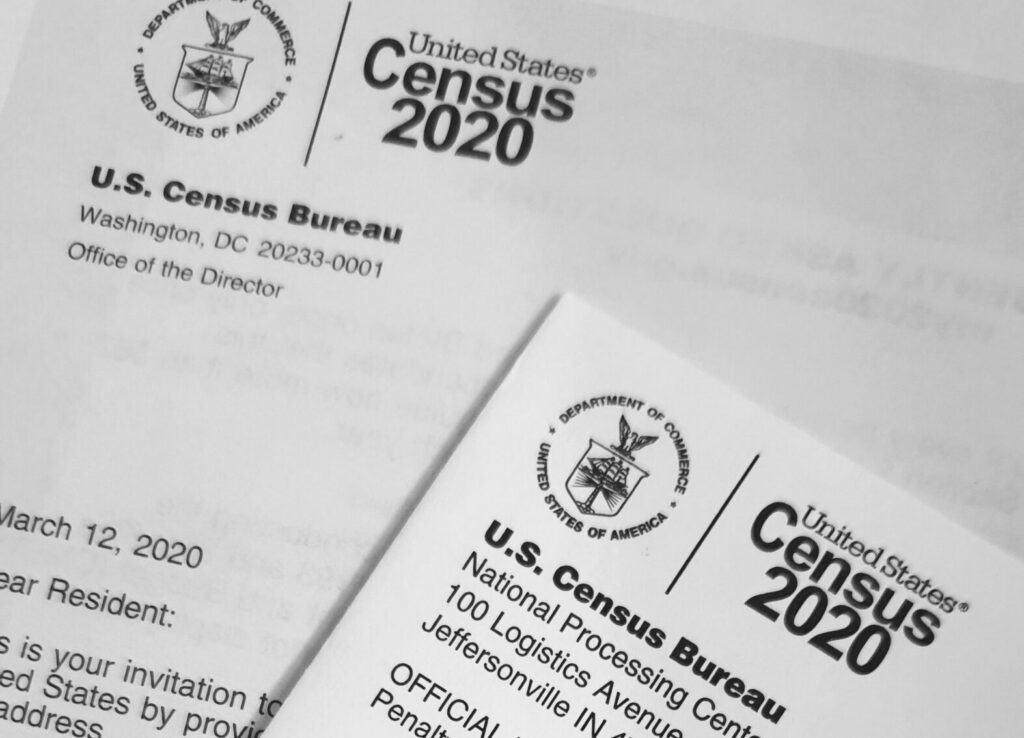
The 2020 U.S. Census highlighted the increasing racial and ethnic diversity in the nation, with Latinos and other People of Color (PoC) driving most population growth. Despite their socioeconomic disadvantages compared to Whites, building effective political coalitions among PoC is challenging due to their varied experiences, treatment by authorities, and political goals. Dr. Efren Perez’s project will test messages and narratives that promote solidarity among disadvantaged groups, resulting in a policy brief on creating effective coalition-building pathways at local, state, and national levels.

-
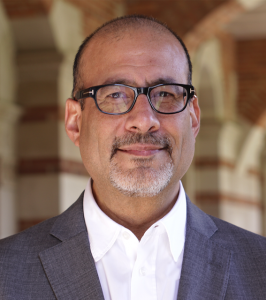 Abel Valenzuela Jr.Director, UCLA’s Institute for Research on Labor and Employment
Abel Valenzuela Jr.Director, UCLA’s Institute for Research on Labor and Employment -
Randall Kuhn, Ph.D., Demography and Sociology, Associate Professor in the Department of Community Health Sciences, UCLA School of Public Health
-
Kevin Riley, Ph.D. Sociology, Director at the UCLA Labor Occupational Safety and Health Progoram (UCLA LOSH), UCLA

The report, based on an analysis of pre-pandemic data from the Home Mortgage Disclosure Act (HMDA), reveals that despite anti-discrimination laws and regulations, households of color continue to face significant barriers to accessing low-cost mortgage credit, hindering their path to homeownership and exacerbating the racial wealth gap.

The report will provide a comprehensive analysis of the current state of Latina physician representation and its implications for health equity and also shed light on a significant disparity between the Latino population and the number of Latino physicians. The study will also highlight the language accessibility challenges faced by Latino patients and the crucial role of Spanish-capable Latina physicians in addressing these disparities.
-
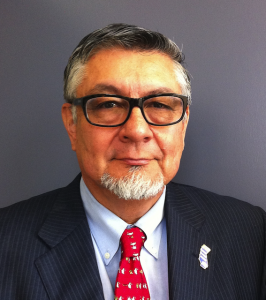 David Hayes-BautistaDistinguished Professor & Director, UCLA Center for the Study of Latino Health and Culture
David Hayes-BautistaDistinguished Professor & Director, UCLA Center for the Study of Latino Health and Culture -
 Yohualli Balderas-Medina AnayaFaculty Scholar, UW-Madison Department of Family Medicine and Community Health
Yohualli Balderas-Medina AnayaFaculty Scholar, UW-Madison Department of Family Medicine and Community Health -
 Paul HsuAdjunct Assistant Professor of Epidemiology
Paul HsuAdjunct Assistant Professor of Epidemiology -
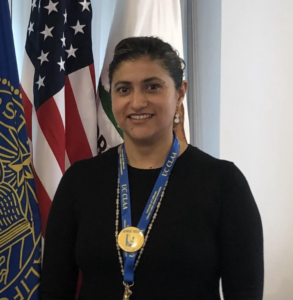 Seira Santizo GreenwoodChief of Staff
Seira Santizo GreenwoodChief of Staff









